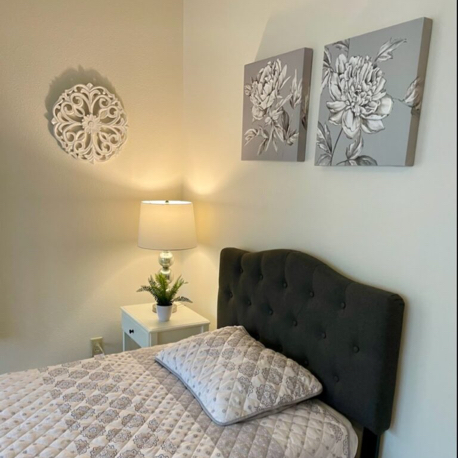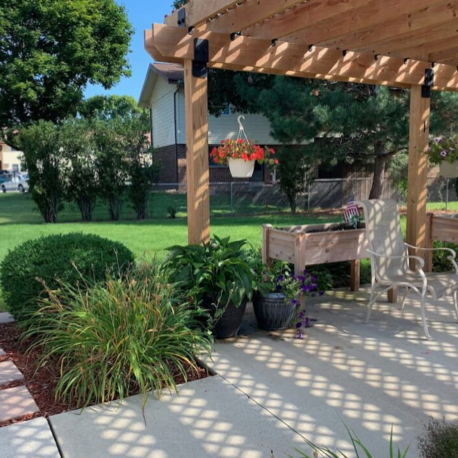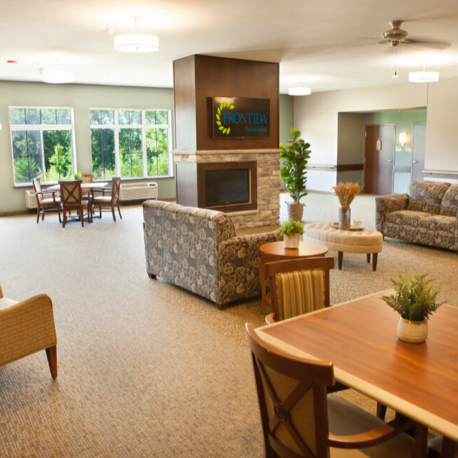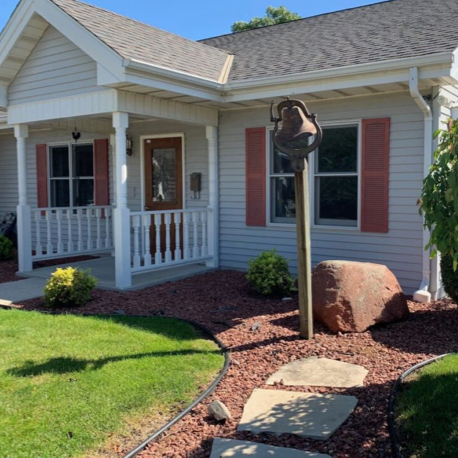Navigating the care options for a loved one with memory impairment can be overwhelming.
Memory care communities provide specialized support for individuals with Alzheimer’s disease, dementia, and other cognitive challenges. These communities are specifically designed to promote safety, dignity, and enhanced quality of life.
Understanding what to expect can help families make informed decisions during this important time.
What Is a Memory Care Community?
A memory care community is a specialized environment within senior living designed to support individuals with memory-related conditions. It offers professional care, tailored activities, and a secure setting to meet the needs of those with cognitive impairments.
These communities go beyond traditional senior living by focusing on memory preservation, emotional well-being, and personalized attention, giving a sense of purpose and security for every resident.
How Memory Care Differs from Assisted Living
While assisted living focuses on offering help with daily tasks and fostering social engagement, memory care takes an extra step by creating a highly structured and supportive environment for those with cognitive challenges. Memory care communities offer:
- Secured environments: Enhanced safety measures to prevent wandering & create a protected space for residents
- Specialized programs: Activities & therapies tailored to promote cognitive function & emotional wellness
- Highly trained staff: Caregivers have received training focused on dementia care, enabling them to address the complexities compassionately
Key Features of a Memory Care Community
Memory care offers residents unique features that support their wellness and can significantly improve their quality of life.
Structured Daily Routines
Maintaining predictable daily routines is vital for individuals with memory loss. Familiar schedules help reduce confusion and anxiety while creating a sense of stability.
A typical day in a memory care community might include consistent meal times, morning exercise, creative activities, and quiet evenings. The consistency forms a comforting rhythm that promotes emotional well-being.
Assistance with Activities of Daily Living
From dressing and bathing to medication management and dining, memory care communities provide hands-on support with ADLs. For residents with memory impairments, this assistance is delivered with patience, dignity, and care.
Caregivers work alongside residents to maintain their independence as much as possible while providing the necessary support.
Specialized Activities & Therapies
Engaging the mind and body is a core focus in memory care. Programs may include music therapy, art sessions, sensory stimulation, and reminiscence activities, all designed to stimulate cognitive function and spark joy.
For example, familiar songs during music therapy can evoke cherished memories, fostering emotional connections and meaningful participation.
Safety Features & Thoughtful Design
The physical design of a memory care community plays a critical role in resident safety and comfort. Features such as secured entrances, enclosed gardens, and ample lighting are common in these settings.
These thoughtful design elements minimize confusion, prevent accidents, and encourage residents to explore their environment confidently.
Highly Trained & Compassionate Staff
Caregivers in memory care settings undergo specialized training in dementia and Alzheimer’s care. Their specialized training enables them to handle everyday challenges, such as behavioral changes, communication difficulties, and personal care needs, with empathy and expertise.
The staff’s understanding of memory-related conditions creates a supportive community where residents are treated with respect and compassion.

Benefits of Choosing Memory Care
Choosing a memory care community for your loved one offers numerous benefits, including:
- Enhanced safety: Secure environments & professional supervision reduce the risk of wandering or accidents
- Tailored support: Personalized care plans can address the specific needs & preferences of each individual
- Reduced family stress: Families can find peace of mind knowing their loved one is receiving round-the-clock care in a supportive environment
- Cognitive & emotional stimulation: Specialized activities promote mental wellness & quality of life
How to Select the Right Community
When selecting a memory care community, consider asking the following questions:
- Staff training: What type of dementia-specific training do caregivers receive?
- Programs & activities: Are specialized therapies & engaging activities offered?
- Safety measures: What security features are in place to promote resident safety?
- Personalized care plans: Are care plans tailored to each resident’s unique needs?
- Family communication: How does the community keep families informed & involved?
Visiting potential communities, observing the day-to-day environment, and speaking with staff can provide valuable insights into whether the community aligns with your loved one’s needs.
Transitioning to Memory Care
Transitioning a loved one into memory care can be emotional, but thoughtful planning can ease the process. Start by having open, compassionate conversations with your loved one early on. Involve them in the decision-making process.
Gradually introduce the new environment by visiting the community together or meeting key caregivers. Memory care teams often provide resources and guidance to support families during this adjustment period.
Making the Right Choice with Frontida Senior Living
At Frontida Senior Living, we understand the challenges that come with memory-related conditions, which is why we’ve created a compassionate, secure, and enriching environment for residents.
We thoughtfully design our memory care communities to promote safety, dignity, and a sense of purpose. Our approach combines structured routines, personalized care plans, engaging activities, and highly trained staff so every resident feels valued and supported.
By partnering with families, we help create positive approaches to care that honor each individual’s journey.
When you understand the features, benefits, and values of memory care communities, you can confidently make an informed decision about an environment where your loved one can thrive.
At Frontida Senior Living, we’re committed to providing exceptional care that offers peace of mind for families and an enhanced quality of life for residents.
If you’re ready to explore memory care options for your loved one, visit one of our locations today to learn more or schedule a visit.







